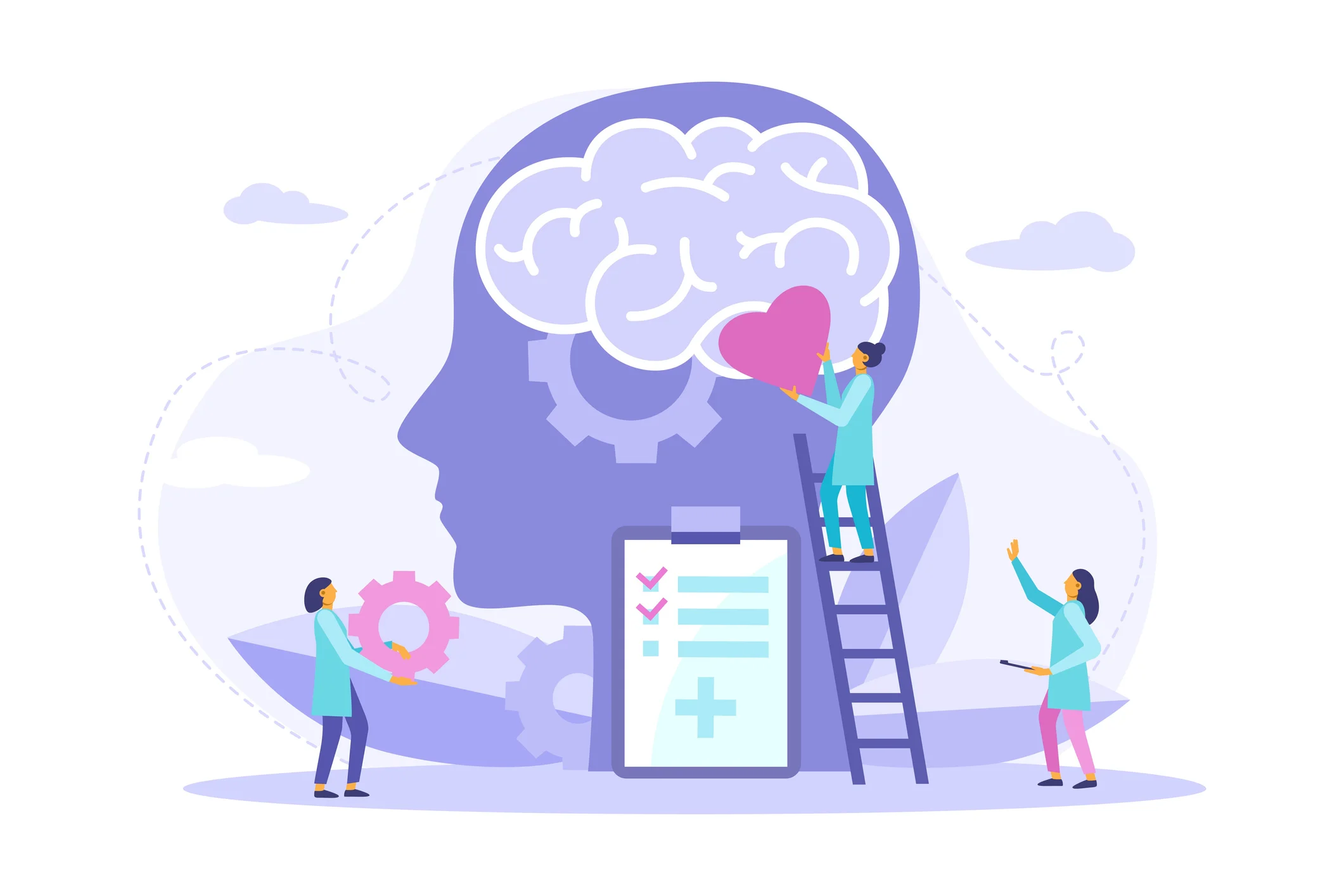Researchers from the University of South Florida (USF) and Florida Atlantic University (FAU) have released results from a statewide survey examining Floridians’ mental health experiences and perceptions of artificial intelligence (AI) in health care. Conducted during Mental Health Awareness Month, the survey, sponsored by the Florida Center for Cybersecurity at USF, highlights key findings on anxiety and depression rates as well as attitudes toward AI-powered mental health tools.
The survey reveals that anxiety and depression symptoms are prevalent among Floridians. Over one-third of adults in Florida report experiencing anxiety symptoms, with nearly 20% reaching clinically significant levels. Specifically: – 19% of respondents met the threshold for moderate or severe anxiety on the GAD-7, a widely used anxiety disorder scale. – 30% reported that a doctor had informed them they might have an anxiety disorder at some point in their lives.
As AI-powered mental health tools gain traction, nearly one-third of Floridians express some level of trust in AI chatbots for providing accurate mental health information. However, a clear preference remains for human practitioners: – 31% trust AI tools to deliver accurate mental health information. – Conversely, 83% prefer to receive mental health care from a human. – Only 21% feel they would receive emotional support from an AI mental health platform.
The data also indicates that increased access to online health information and AI tools may be contributing to heightened health anxiety among Floridians. Symptoms associated with ‘cyberchondria’ are evident: – 33% of respondents frequently feel the urge to search for the same health-related symptoms online multiple times. – 25% report that online health searches have increased their anxiety or distress. – After researching health information online, 31% still feel uncertain and seek additional answers.
Floridians exhibit cautious optimism about AI’s long-term impact on health care. While many acknowledge the potential for AI to enhance health outcomes and reduce medical errors, skepticism remains: – 50% believe AI will improve patient outcomes. – 46% think AI could lower the incidence of medical mistakes. – Only 42% agree that AI will help reduce health care inequalities.
Opinions vary regarding AI’s role in health care. Many respondents feel more at ease with AI performing administrative tasks rather than direct clinical responsibilities: – 83% support AI scheduling appointments. – 67% are comfortable with AI collecting symptom and intake information. – Just over half (54%) are okay with AI assisting doctors in diagnosing illnesses. – However, fewer than half feel comfortable with AI recommending treatments (48%) or administering medications (36%).
Privacy concerns pose a barrier to the broader adoption of AI health chatbots. While nearly half of Floridians have engaged with AI tools for health inquiries, regular usage is low: – 42% have used an AI chatbot for health-related questions at least once, but only 10% use them regularly. – Among users, 37% found the assistance to be very or somewhat helpful. – A significant 75% of all respondents expressed concern about privacy and data security when using AI tools.
The survey included a representative sample of 500 adult Floridians, conducted from May 10 to May 16, 2025, with a confidence level of 95% and a margin of error of +/- 4%. The complete survey results can be accessed through USF.


